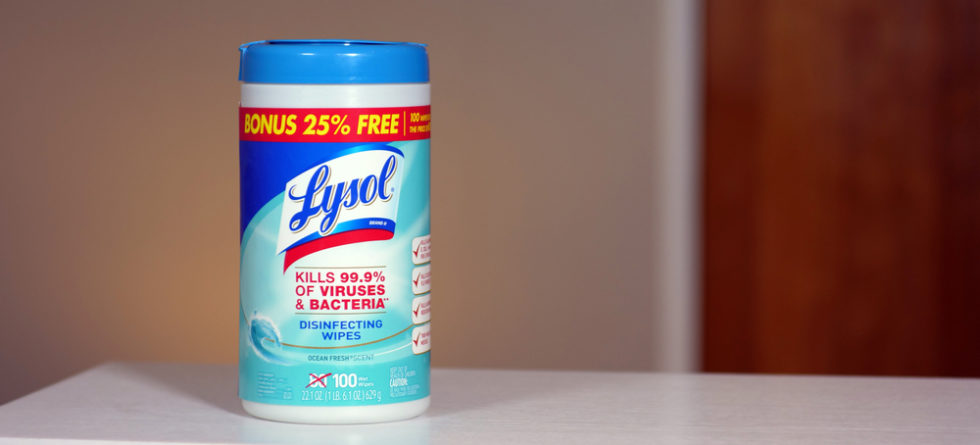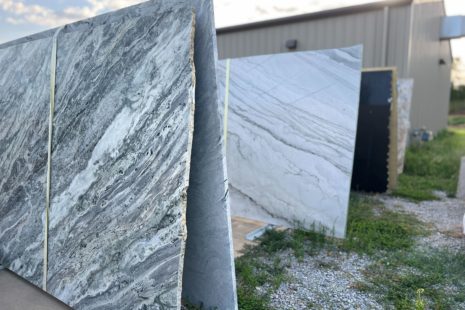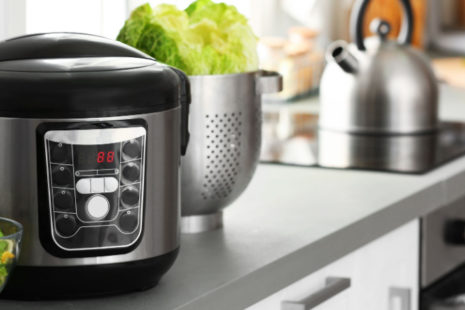Granite countertops are a popular choice in kitchens and bathrooms due to their durability and aesthetic appeal. However, maintaining their pristine condition requires careful consideration of the cleaning products used. One common question is whether Clorox wipes, known for their convenience and disinfecting power, are safe to use on granite surfaces. This article delves into the suitability of Clorox wipes for granite countertops and provides guidance on the best practices for cleaning and maintaining granite.
Understanding Granite Countertops
Granite is a natural stone composed of minerals such as quartz, feldspar, and mica, giving it its unique appearance and durability. Despite its toughness, granite is porous, meaning it can absorb liquids and stains if not properly sealed. This porosity also makes granite sensitive to certain chemicals and cleaning agents, which can damage the stone or degrade its sealant over time.
The Composition of Clorox Wipes
Clorox wipes are widely used for their disinfecting properties and ease of use. They contain a mix of water, cleaning agents, and disinfectants, including bleach or other chemicals designed to kill germs and bacteria. While effective on many surfaces, these ingredients can be harsh on natural stone surfaces like granite.
The Impact of Clorox Wipes on Granite
Using Clorox wipes on granite countertops is generally not recommended for several reasons:
- Potential Damage to Sealant: The chemicals in Clorox wipes, particularly bleach, can break down the sealant applied to granite countertops. This sealant is crucial for protecting the stone from stains and spills. Once the sealant is compromised, the granite becomes more vulnerable to damage and staining.
- Surface Etching: Harsh chemicals can etch the surface of granite, leading to dullness and loss of the stone’s natural shine. Over time, repeated use of Clorox wipes can degrade the polished finish of granite countertops.
- Discoloration: Bleach and other strong disinfectants can cause discoloration of the granite, especially in darker varieties. This can result in unsightly spots or patches that are difficult to remove.
Safe Cleaning Practices for Granite
To ensure your granite countertops remain in top condition, it’s important to use cleaning products that are specifically designed for natural stone. Here are some tips for safely cleaning and maintaining your granite surfaces:
- Use pH-Balanced Cleaners: Opt for pH-balanced cleaners that are formulated for use on granite and other natural stones. These cleaners effectively remove dirt and grime without damaging the stone or its sealant.
- Mild Dish Soap and Water: A mixture of mild dish soap and warm water is a safe and effective cleaning solution for granite. Simply use a soft cloth or sponge to wipe down the surface, followed by a clean, dry cloth to buff it to a shine.
- Avoid Harsh Chemicals: Steer clear of acidic or abrasive cleaners, such as vinegar, lemon juice, ammonia, or bleach. These substances can damage the granite and its protective sealant.
- Regular Sealing: Ensure your granite countertops are properly sealed to maintain their resistance to stains and spills. Depending on the type of granite and the amount of use, sealing should be done every 1-3 years.
- Immediate Spill Cleanup: Promptly clean up spills, especially those involving acidic or oily substances, to prevent them from penetrating the stone and causing stains.
Disinfecting Granite Safely
If disinfecting your granite countertops is necessary, consider the following safe alternatives:
- 70% Isopropyl Alcohol: A solution of 70% isopropyl alcohol can be used to disinfect granite surfaces. Spray the solution onto the countertop, let it sit for a few minutes, and then wipe it off with a clean, dry cloth.
- Granite-Safe Disinfecting Wipes: Some manufacturers produce disinfecting wipes that are specifically designed for use on granite and other natural stones. These products are formulated to be gentle on the stone while effectively killing germs and bacteria.
Conclusion
While Clorox wipes are convenient and effective for many cleaning tasks, they are not suitable for use on granite countertops. The harsh chemicals can damage the sealant, etch the surface, and cause discoloration. Instead, opt for pH-balanced cleaners, mild dish soap, or granite-safe disinfecting solutions to keep your granite countertops clean and well-maintained. By following these guidelines, you can ensure your granite remains a beautiful and durable feature in your home for years to come.




